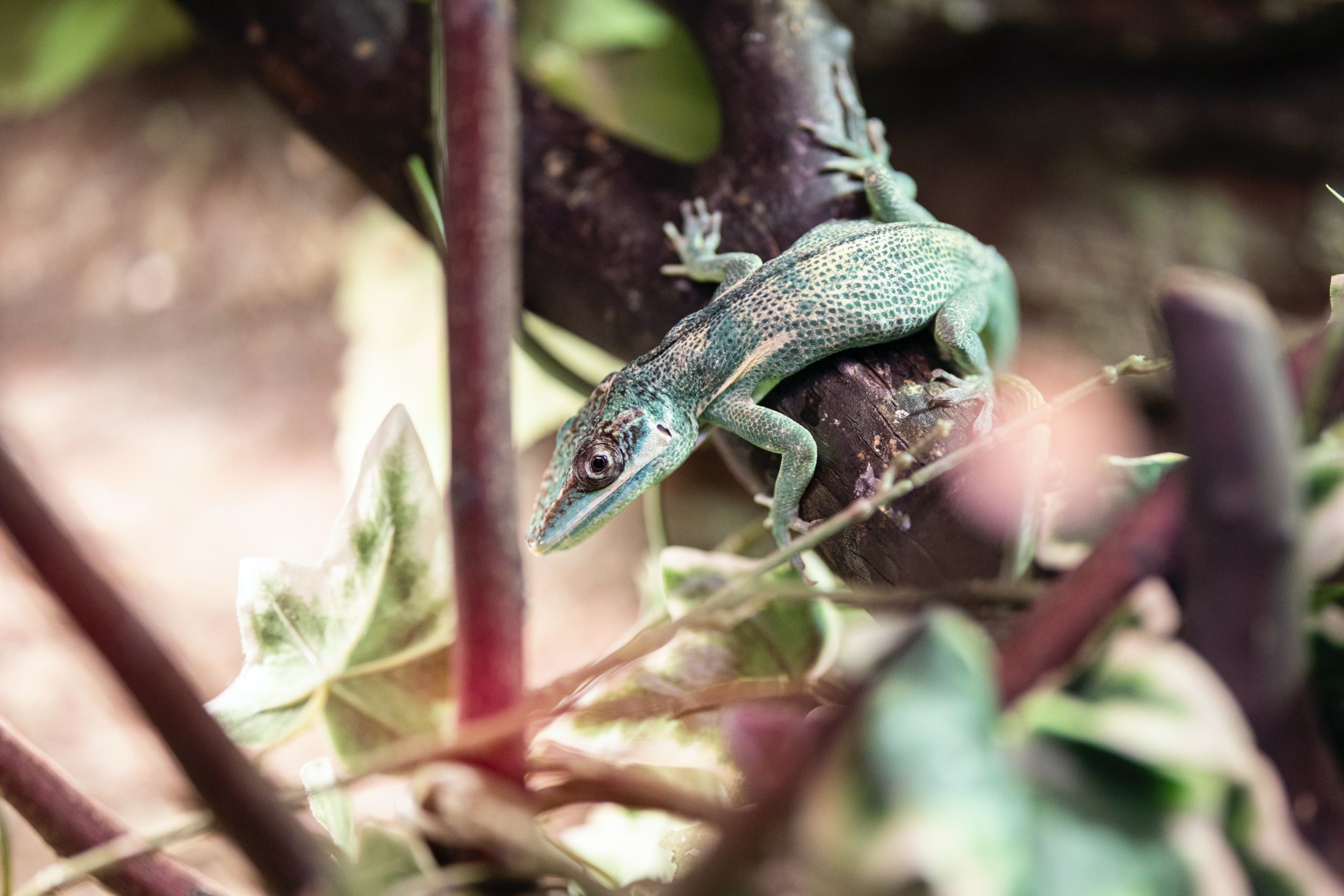In Historic Move, Chinese City of Shenzhen Has Officially Banned Eating of Dogs, Cats, and Wildlife
May this be a good start.
by Meryl Medel | April 02, 2020
Shenzhen becomes the first city in China to pass a groundbreaking law banning the consumption and production of meat sourced from dogs, cats, and wildlife. This law was first introduced by the standing committee of the Shenzhen People’s Congress in February following the COVID-19 outbreak. This move has been praised by Humane Society International, a society campaigning for anti-dog meat trade, as they see this as the beginning of the fruitful efforts to ban the trade across China.

Photo by Engin Akyurt from Pexels
At the moment, around the rest of China, only a temporary ban on wildlife trade has been imposed as early as late January, but the black market instead went online through the country’s e-commerce and express delivery operators. According to Al Jazeera, China has promised to review their laws on wildlife trade, albeit it seems the review will only be for the consumption of wildlife meat.
The new food safety law will come into effect on May 1, 2020. Unlike the national government’s temporary ban, Shenzhen’s new law will be a permanent prohibition on wildlife trade and consumption upon effectivity. Wildlife animals include snakes and lizards, among many others. Consumption, breeding, and sale of wildlife for human consumption may face fines from 150,000 up to 200,000 Chinese yuan (approximately PHP 1.1 million to PHP 1.4 million).

Photo by Sharon McCutcheon from Pexels
The consumption of “pet” or domestic animals such as cats and dogs have also been included, with the Shenzhen government stating that “dogs and cats as pets have established a much closer relationship with humans than all other animals, and banning the consumption of dogs and cats and other pets is a common practice in developed countries and in Hong Kong and Taiwan.”
The law further specifies which species may be consumed: pig, cattle, sheep, donkey, rabbit, chicken, duck, goose, pigeon, quail and other livestock animals on the list that are raised for food. Aquatic animals not banned by other laws or regulations may also be consumed.
What do you think of this new development?









